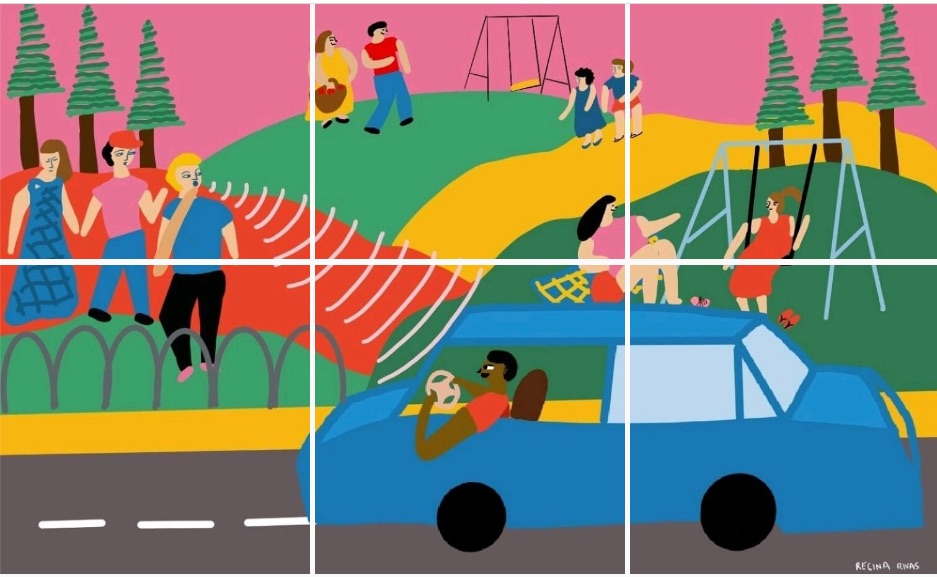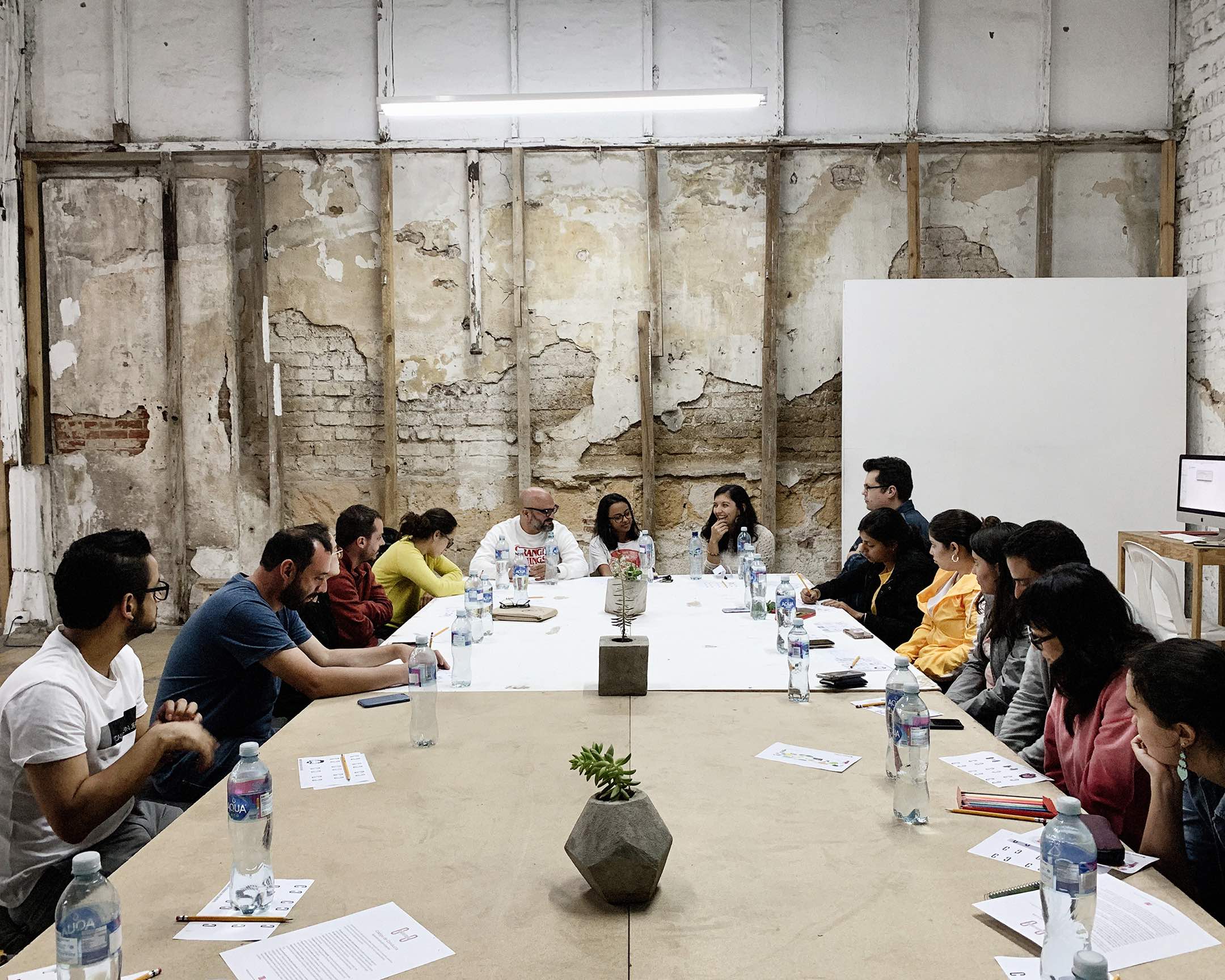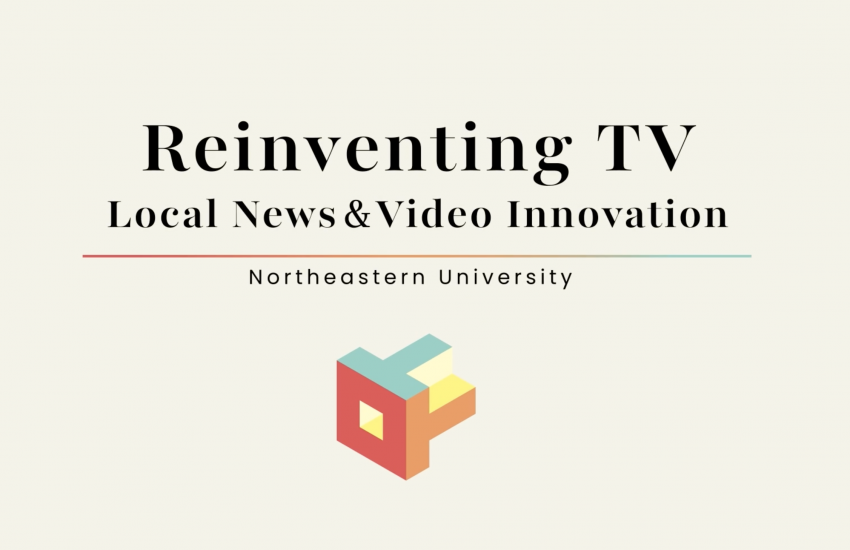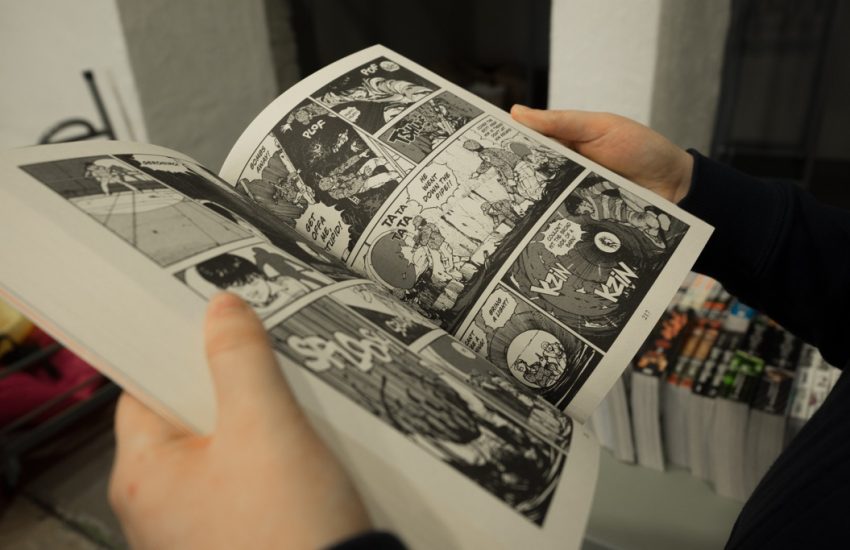Lessons on building a podcast’s community, both online and offline, from Radio Ambulante
Jorge Caraballo believes in the importance of building a community when producing a podcast. Since 2017, from his home in Medellín, Colombia, Caraballo has performed the role of growth editor for the narrative podcast Radio Ambulante, distributed by NPR, that tells Latin American stories in Spanish.
Caraballo describes his job as “the person behind engagement, social media management and membership,” although he has also produced stories for the show. Above all, he is in charge of maintaining the show’s relationship with its community of listeners.
“I consider any audio project to be a conversation with a community,” Caraballo said.
Storybench spoke with Jorge Caraballo – an alumnus of Northeastern’s Media Innovation program, home to Storybench – to discuss insights about podcast creation and his experience at Radio Ambulante.
What was the major challenge when you started in the podcast industry?
Honestly, I felt more than ready. I was about to work with high-quality stories with a huge community listening to them. It was all set to succeed. I didn’t feel nervous, it was more fun rather than scary. I was going to be in charge of 300,000 followers on Twitter. It was so exciting. That’s the mindset you need when you are starting a podcast or any project: I’m about to have so much fun.
What skills helped you the most when you started at Radio Ambulante?
It wasn’t any skill, it was my love for stories and storytelling. However, listening to a bunch of podcasts did help. I consider any audio project to be a conversation with a community, that’s what we try to do in Radio Ambulante. We always ask ourselves: who’s listening to us? Why do they listen to us? We have to treat it like a mutual relationship. Then, continue that conversation on social media and taking care of that relationship and create a network, not just a communication channel. Make them feel part of the project … that’s my role.
What is something you had never heard about podcasts that you wish you had known when you started?
It’s very, very important to have a transparent relationship with your listeners. The fewer intermediaries, the better. We didn’t know this at first, which may have given us ideas for connecting online and offline too.
Can you give us an example of connecting with your audience offline?
We are currently organizing listening clubs. This are clubs where listeners get together to hear an episode in the same space. We have done it in eight cities from Latin America. We started with a pilot, learned from that pilot experience and then continued with the project. They are hosted by Radio Ambulante members and they engage in face-to-face conversations with listeners.
When creating a podcast, what do you think should be the first step?
Before even deciding to create a podcast, I’d recommend journalists listen to them, learn the format, fall in love with any show and try to understand why do you like that show. Maybe it’s the concept? The host’s personality? Narrative tension? Try to understand what attracts you and then start thinking about your own. Take the time to think about your idea, concept, format. Not every idea is a good idea, you need time to reflect. There is the risk of being just one more podcast. Audio can be cheaper and more accessible, but if you don’t think deeply into your idea or why you’ll like to tell by audio, then you will fail.
What happens after the idea?
The planning and strategy starts. Maybe you produce a pilot episode or five pilot episodes to see what works and if the concept is ready to continue. The technical aspect of it all is learned in the process, that’s not the main worry.
Can you recommend a podcast?
Radio Ambulante, of course (laughing). I also enjoy Heavy Weight because of how it’s written, the host, the characters, the narrative …
How important is writing to podcast production?
It’s the most important thing, but it’s a different kind of writing. It’s not a feature for mass media. You have to play with shorter sentences and try being more clear and precise. Interviews are important too. We share lots of tips and guidelines about it in the Education tab of our web page.
Can you recommend a platform or tool?
To produce, you can find interesting stuff in Transom. Great articles about gear.
When talking about teams, what are the essential roles?
You always need an editor because writing is very important. You need an editor to join you in the creative process, in structure, in helping you build the story narratively. He needs to be a guide.
What roles are behind an episode of Radio Ambulante?
On our team, you can find the producers that record tapes and interviews, the editorial staff that looks for the stories, the sound design staff that thinks on how to introduce audio and music, fact-checkers, an innovation executive and me, the engagement director.

How important is social media presence?
It’s very important because you can find people connected through the same interests and you can identify a potential listener.
Any advice you’d like to add?
When you sit down in front of a mic, before you start recording, never ever read the script. It needs to sound like a fluent conversation. If it sounds like you are reading, you’ll fail. The script is not written for a narrator, it’s just a guide. Finally, listen to Radio Ambulante if you ever feel like enjoying a fun and narrative story!
Cover photo: A “Club de Escucha” in Guatemala. Credit: Andrés Asturias.
- How Paraguay’s El Surti is adapting to the age of Covid-19, boosting its fact-checking on Whatsapp and launching a new podcast - May 20, 2020
- What the Covid-19 pandemic looks like through the lenses of 18 Latin American photographers - April 3, 2020
- The challenging — and delicious — adventures of producing the first America’s Test Kitchen podcast - February 13, 2020





